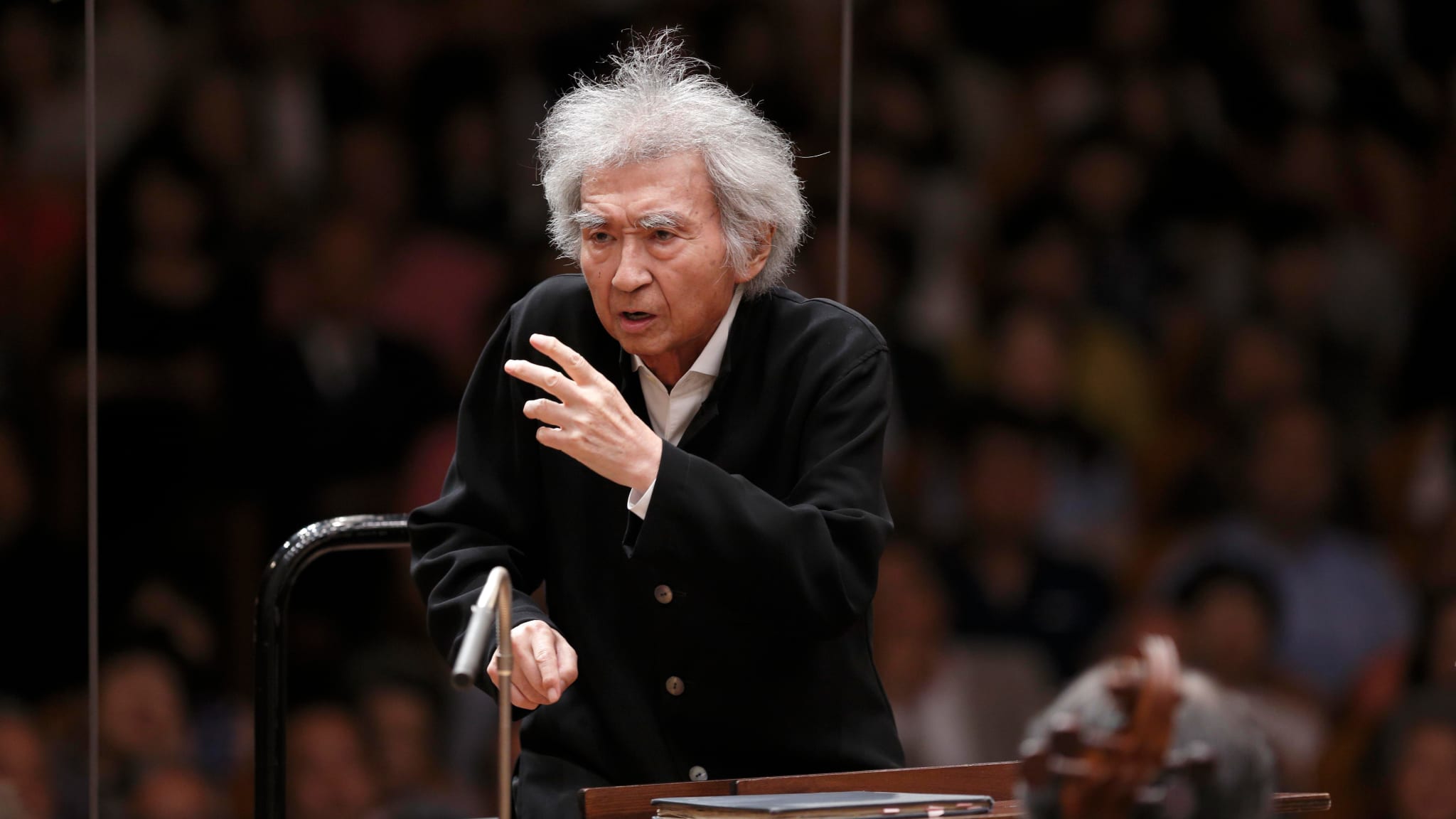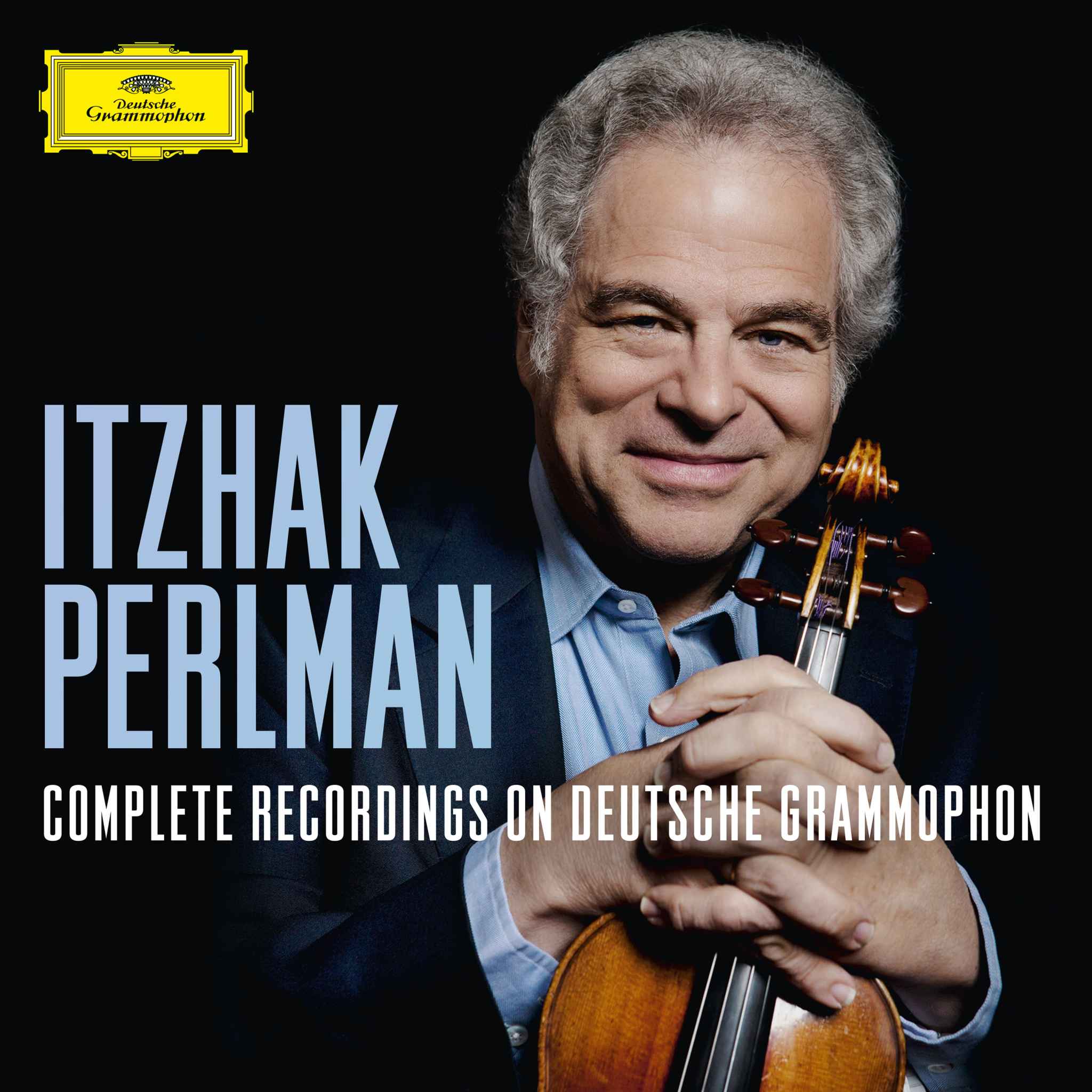Seiji Ozawa: The Accomplished Conductor's Works & Legacy
Seiji Ozawa stands among the most influential conductors of the 20th and 21st centuries, having left an indelible mark on concert and opera audiences across Europe, North America, and Japan. This article explores the fascinating works and extensive career of the celebrated conductor, Seiji Ozawa. From his memorable collaborations to his impact in the world of orchestral music, discover Seiji Ozawa's contributions to the industry and his enduring legacy.
Timeline of Seiji Ozawa's Prolific Career
Born in Mukden, Manchuria (now Shenyang, China), Ozawa studied both composition and conducting at Tokyo's Toho Gakuen School of Music. His early promise was evident after winning first prize at the 1959 International Competition of Orchestra Conductors in Besançon, France — a milestone that led to rapid international recognition and mentorships with luminaries like Charles Munch, Herbert von Karajan, and Leonard Bernstein.
Renowned Performances Featuring Conductor Seiji Ozawa
Ozawa’s appointment as assistant conductor of the New York Philharmonic under Bernstein jumpstarted a series of prominent leadership roles. He served as music director of the Ravinia Festival, Toronto Symphony Orchestra, and San Francisco Symphony, before becoming the Boston Symphony Orchestra’s (BSO) longest-tenured music director from 1973–2002, shaping the BSO’s reputation worldwide.
Seiji Ozawa & the Legendary Boston Symphony Orchestra
During his tenure with the Boston Symphony Orchestra, Ozawa left a significant impact, shaping the orchestra's reputation worldwide. His dynamic interpretation and partnership with leading artists such as Anne-Sophie Mutter, Renée Fleming, and Itzhak Perlman have been widely acclaimed.
Seiji Ozawa's Contribution to Music Festivals
Beyond the podium, Ozawa was a dedicated educator, founding music academies in Japan and Switzerland to train emerging musicians. He also established the globally celebrated Saito Kinen Festival Matsumoto, which was renamed in his honor in 2015.
Seiji Ozawa's Legacy: His Extensive Discography
Ozawa’s discography is vast, spanning more than 140 works by over 50 composers on major labels, and includes Emmy award-winning television productions. His recordings are renowned for their dynamic interpretation and partnership with leading artists. His enduring legacy continues to influence the world of orchestral music.






















